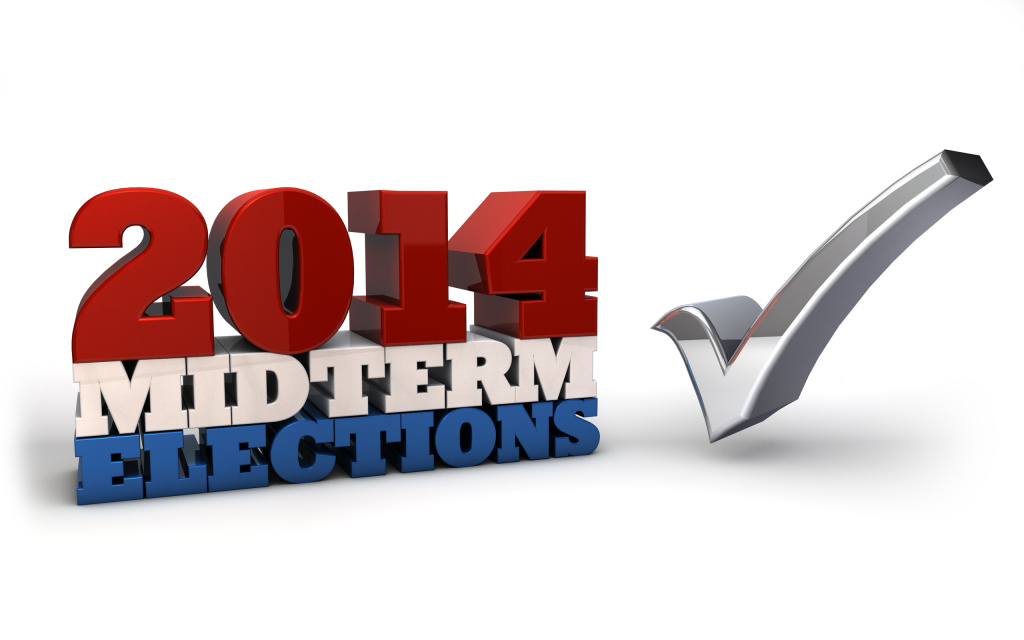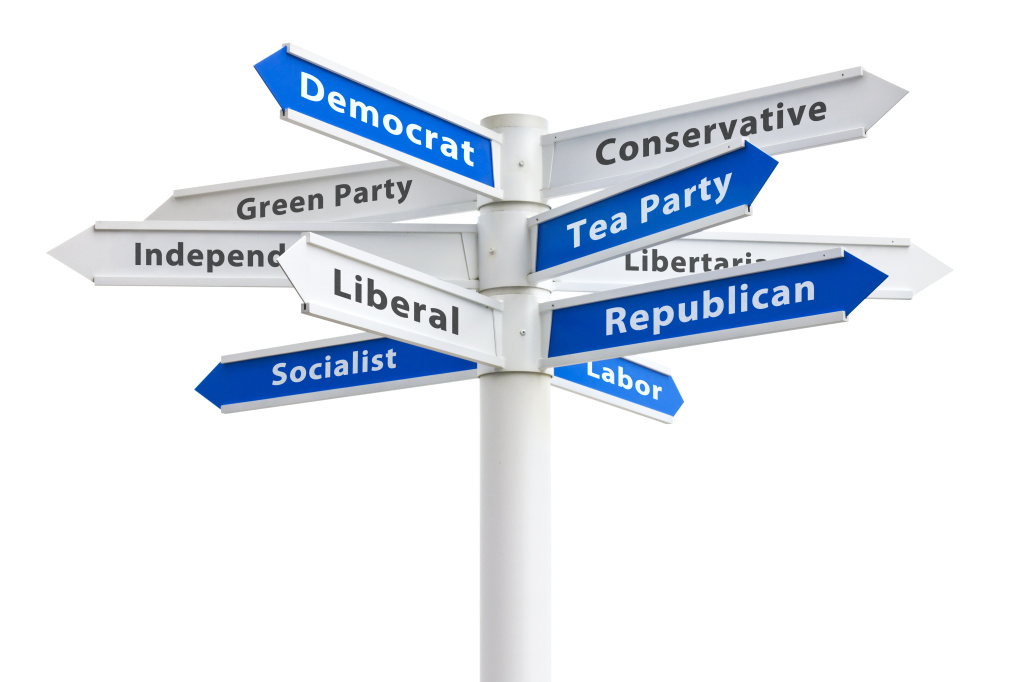The 2014 midterm election will take place on Tuesday, November 4th. Historically, midterm elections do not attract as many voters as presidential elections. However, there are many issues at stake, particularly on the state and local levels, that affect our daily lives, often more than national issues. Maybe you have decided not to vote in the midterm election, or perhaps, you think you have figured out how you are going to vote. Here are some observations and final thoughts, which may get you out to the polls or may make you ponder your choices further.
Green issues and sustainability are front and center.
Perhaps the most noticeable thing about these midterm campaigns is the emphasis on green issues and sustainability. Energy, the environment and climate control are front and center this election cycle. So this is a special election for proponents of green living and sustainability. Although supporters of the environment and healthy living have never required the validation by anyone or any organization, including major political parties or elected officials, to “do the right thing” to protect our planet, the fact that these issues now are central in the dialogue on government agenda, indicates a realization of the need to formally address concerns with pollution and depletion of natural resources. As such, we owe it to ourselves and the planet to get out and vote.
Additionally, it is important to note the cost of indifference at the ballot box.[1] If you listen carefully, much of the conversation and debate on green issues is coming from special interest groups. Not all proposals are good for the environment overall. Some proposed legislation needs to be rejected. When evaluating these issues, do not rely on commercials– 30-second sound bites that do not tell the whole story. For instance, in campaigns that promise to cut taxes, one message does not fit all situations. Some things are worth paying for, namely education, clean water and good roads for starters.
Construction vs. Destruction.
Many people decide not to vote in midterm elections because the political climate often becomes so toxic, complete with name-calling, spreading false information and labeling, that voters become so frustrated with the process, they often disengage. Consider this instead. Rather than tuning out, get engaged. Look carefully at the issues involved. The important thing to take away from this conversation is that the goal of electing someone for a political office should never be about destruction of any laws or conditions solely for political purposes. Rather, it should be about building something for the improvement of society. Beware of messages from politicians that only want to tear down something with nothing better to replace it or those who are so heavily funded by special interest groups that they are unwilling to consider any collaborative efforts to address issues. For example, why can’t solar, electric and fossil fuel energy coexist with continuing research efforts to improve the efficiency of each type of energy?
Reject the restrictions of labels.
Peel back the labels. No one political party can totally address the issues at hand. Rather, collaboration will work better to get the job done. Identify the issues important to you as a citizen and vote for the candidate that you think will do the best job, regardless of party affiliation. Also, take a look at any independent candidates. You may be presently surprised to see people willing to commit to issues when they are not bound by party affiliations. It is often said that “past behavior is a good predictor of future behavior.” To that end, rather than listening to what any politician is saying to get elected, it may be best to check that individual’s record. A great source to review the voting record of any politician can be found here.
Don’t let the race be given autommatically to the rich.
Face it. We live in a time when the often the winners of political races are the ones with the most money. Everyday we hear about how much money a candidate has in his campaign chest. These individuals are able to bombard the airwaves with their messages and drown out the underfunded candidates, who often are more suitable people to represent the general population because they are not beholding to special interest groups. A major step in promoting sustainability and healthy living is to reject this mentality, beginning with the realization that these commercials and advertisements most often lack full and truthful disclosure. So many large companies tout sustainability but are abysmal failures at it, all in the name of the bottom line.[2] It is important to research candidates to see who are backing them. Vote with a conscious and not just along money lines.
Keep state and local initiatives close to heart.
It is safe to say that we all want safe communities, good schools, clean and efficient transportation and green space for recreation and relaxation. Look to local and state initiatives to achieve these things, often through bond issues at the ballot box. Whether you or for or against the legalization of marijuana, expect that to show up now or sometime soon at an election. Perhaps there is a rogue delegate or state senator in your district, recall ballots are the way to get rid of them.
Conclusion.
If you sit down and seriously think about it, there are more reasons to vote than to not vote. We hope that you will engage the political process and use your vote for change this election, particularly to address the environmental, energy and green issues plaguing our planet. To do so is to live green, be green.
________________________
[1] http://www.usatoday.com/story/opinion/2014/09/01/politics-midterm-elections-president-obama-congress-editorials-debates/14942079/
[2] http://www.businessinsider.com/the-15-worst-companies-for-the-environment-2009-9?op=1



